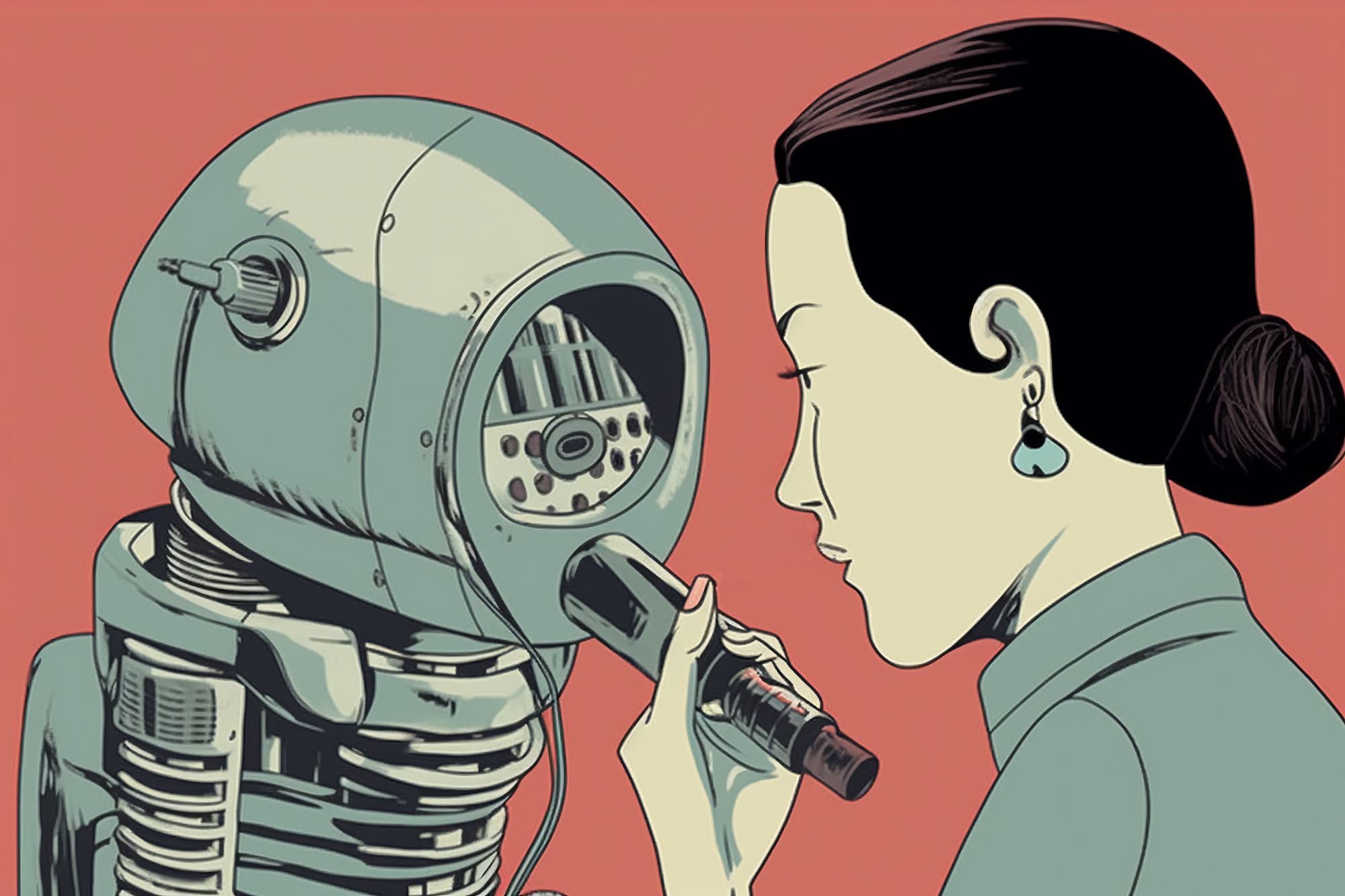
Micro.blog’s podcast transcripts and assistive AI
The small blogging platform is showing how AI can easily add compelling extra features to an existing product.
We’ve launched a new feature for Micro.blog Premium customers: automatic podcast episode transcripts, powered by OpenAI’s Whisper model. I’m excited about this because it’s one of the more practical, time-saving solutions coming out of the rise of AI. The automatic transcripts are so accurate they can be used as-is, or edited by hand as you have time.
This is one of the cool things emerging from the AI work. While a lot of the focus is ±— understandably — on direct generative AI, there are other applications of it.
Have you heard the Whisper?
For example, the existence of the Whisper transcription model makes the sort of automated transcription that services like Otter offer available to a wider group of people.
I’ve now got MacWhisper running on my Mac, allowing me to do good enough transcription whenever I want for a lot less than many of the professional system cost. For the cash-strapped journalist or freelancer, the appeal of this is obvious.
Equally, AI transcriptions are going to rapidly become table-stakes for podcasting tools. If a small, friendly and inexpensive blogging polar form can add it — surely all the big platforms should have it, too.
More Assistive Intelligence, please
Some aspects of the current AI wave are quite terrifying, not least with my lecturer hat on. It’s certainly beginning to feel that working with and around generative AI will be easier than just banning it. But stuff like this just makes life easier and, in this case, increases the utility of podcasts.
More assistive AI features in the products we use every day, and fewer flashy chat interfaces of limited use, thanks.
Sign up for e-mail updates
Join the newsletter to receive the latest posts in your inbox.










